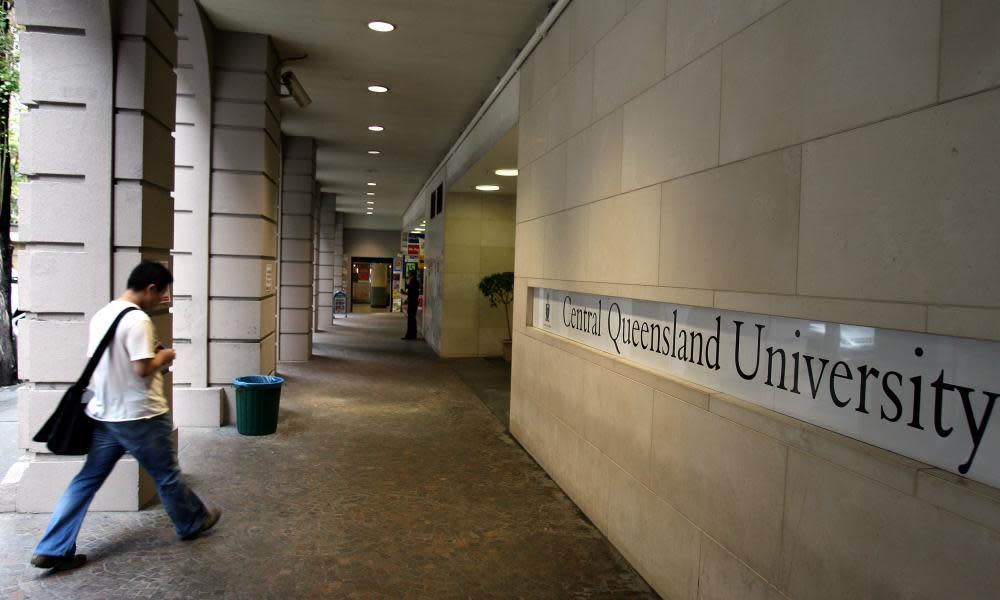Universities warn against meddling as inquiry into freedom of speech announced

The government has asked a former chief justice of the high court, Robert French, to review the health of freedom of speech on Australia’s university campuses.
The review will take four months, and French has been asked to assess the framework protecting freedom of expression and inquiry, including the multiple codes of conduct and enterprise agreements that govern campuses.
He has also been asked to consider policy options that could “better promote” freedom of expression, including the development of a sector-led code of conduct to govern university behaviour.
The request comes after a series of controversies on university campuses where students and academic staff have been accused of stifling public debates.
But Universities Australia has questioned why the review is necessary, saying campuses should be free of political interference.
It has also criticised some media commentators for being “very wide of the mark” and “selectively quoting from university policies and codes” to make their arguments about free speech.
Dan Tehan, the education minister, said universities were important institutions where ideas were debated and challenged and freedom of speech had to be protected “even where what is being said may be unpopular or challenging”.
“The best university education is one where students are taught to think for themselves, and protecting freedom of speech is how to guarantee that,” he said.
“If necessary, the French review could lead to the development of an Australian version of the Chicago statement, which is a voluntary framework that clearly sets out a university’s commitment to promoting freedom of speech.”
French said he would respect the “legitimate institutional autonomy” of Australia’s universities while undertaking the review.
“An important object of the review will be the production of a resource including a model code which can be used as a point of reference in any consideration by universities of their existing rules and guidelines relating to the protection of freedom of speech on campus,” he said.
But Universities Australia said the country’s universities had more than 100 policies, codes and agreements that support free intellectual inquiry, ensuring a culture of lively debate and a vigorous contest of ideas.
Prof Margaret Gardner, the chair of Universities Australia, said some assertions in media reporting had mischaracterised academic freedom and downplayed the robust state of debate on campuses.
“Some commentators on free speech at Australian universities have been very wide of the mark – jumping to the wrong conclusions or selectively quoting from university policies and codes,” she said.
“These same conclusions would not meet the threshold test of academic inquiry — informed by evidence and facts.
“They are made by advocates who appear to want government to override university autonomy with heavy-handed external regulation and red tape.
“Despite these incorrect assertions, a wide range of opinions are freely expressed on campus – in the context of Australian law and university codes of conduct.”
Gardner also said Universities Australia had not provided input for the review’s terms of reference.
A press release from Tehan’s office on Wednesday said: “Universities Australia have been consulted on the review.”

 Yahoo News
Yahoo News 
